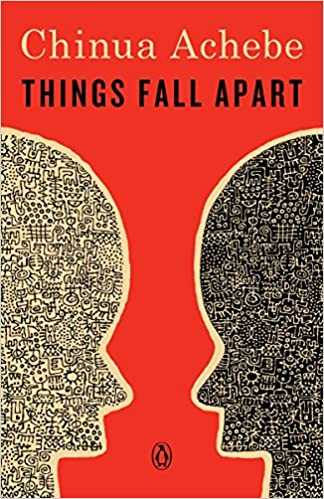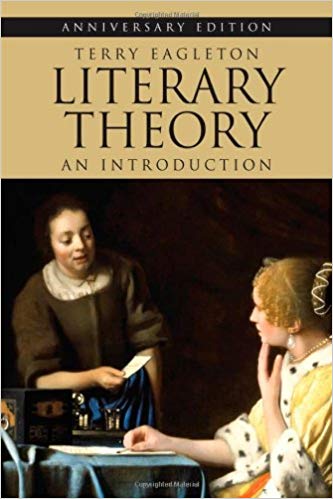Miriam Cooke. Hayati: My Life. New York: Syracuse UP, 2000.
Distribution of Points:
Presentation 200 Points
Mid-Term 200 Points
Online Journal responses 200 Points.
Participation 100 Points
Term Paper 300 Points
Total 1000 Points
YOU MUST FINISH ALL MAJOR ASSIGNMENTS TO PASS THE COURSE
Response Journals:
Every week you will post your response to the readings on the discussion thread provided under Discussion Forum on the course website. To be able to do this you must create a user name on the website; you will share this user name with me for me to be able to keep a record of your postings. Your response must at least be 500 words.
Presentation (Instructions) (Schedule):
During the first week you will choose a particular novel for your presentation. Your presentation will then fall in the week in which your chosen novel is scheduled for class discussion. I expect a 30-40 minutes FORMAL PRESENTATION using the insights provided by the secondary readings. You must also turn in a 3-5 page written brief of your presentation with a detailed list of your scholarly sources. Following are some, but not all, questions you may consider:
- What does the text say about gender, race, ethnicity, class, nation, or power and what are your views about it?
- Did you agree or disagree with the text’s politics? why?
- What is the text critiquing?
- How can we relate this text to contemporary realities?
- Does this text raise the question of justice? If so, how and for whom?
- Does the text provide a politics for a better future?
Mid-Term Exam/Assignment (Questions)
The Mid-term will be an in-class essay exam administered in the eighth week. You may also choose to write a Book Review instead of the exam. If you choose this option, your grade will depend on the successful SUBMISSION of a review, of one of the assigned books, to an academic journal.
As this is a seminar based on a discussion format, your thoughtful participation is essential to the success of the class. I encourage collegiate, open, and thought-provoking class discussions. Remember, we are all here to learn, so let us share our ideas and knowledge to make this class into a dynamic learning experience.
Term Paper:
The final term paper will be due on the last day of class. The paper (20-25 pages for MA students and 25-30 pages for Doctoral students) should have a clearly defined thesis and a coherent argument. I would encourage you to choose your topic early and do extensive research. I will be available to assist during all stages of your research and composition process.
Attendance:
You are expected to attend the class regularly. You will be in the danger of failing the course if you miss more than TWO class sessions.
Cheating and Plagiarism:
(Excerpt from the University’s Administrative policy and procedures regarding student cheating and plagiarism. Excerpted from University Policy Register #3342-3-07)
ADA:
University Policy 3342-3-01.3 requires that students with disabilities be provided reasonable accommodations to ensure their equal access to course content. If you have a documented disability and require accommodations, please contact the instructor at the beginning of the semester to make arrangements for necessary classroom adjustments. Please note, you must first verify your eligibility for these through Student Accessibility Services (contact 330-672-3391 or visit www.kent.edu/sas for more information on registration procedures).
Grading Scale:
A 960-1000
A- 900-959
B+ 860-899
B 830-859
B- 800-829
C+ 760-799
C 739-759
C- 700-729
D+ 660-699
D 630-659
D- 600-629
F Less than 600 Points
Handout 8 & 9
Week6
Mueenuddin
Week 8
Video–The Gaza Ghetto
Week9


